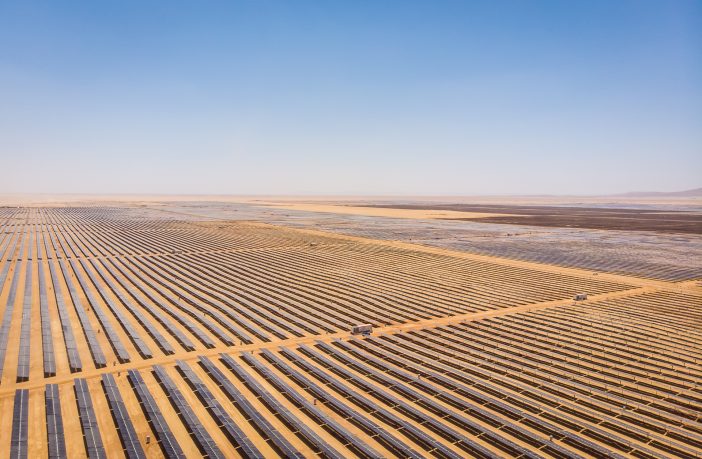- The 32 solar companies involved in developing the 1.8 GW Benban solar complex in Egypt have agreed to a request from national utility the Egyptian Electricity Transmission Company (EETC) to hand over an extra EGP1.6 billion ($102 million) for costs.
- Half of the EGP1.6 billion charge will be paid up front with the balance staggered over five years.
- The deal was finally signed off yesterday, said Ghada Darwish, secretary-general of the Benban Solar Developer Association.
The utility had been demanding the payment under one of five cost-sharing arrangements which developers had to sign to qualify to be allocated generation capacity at the site, with the EETC claiming, in February last year, the extra money was needed to cover rising building material costs.
pv magazine reported in October a EGP1.6 billion figure had been agreed – as reported by financial news service Al Borsa News – but the terms of payment were subject to negotiation.
Darwish told pv magazine developers have agreed to pay half the fee immediately with the balance to be paid over five years. Payments during the first two years of that period will be interest-free, according to Darwish, who said the deal had been signed off by the EETC and state renewables body the New and Renewable Energy Authority.
The rise in costs is reportedly the second financial hit for Benban investors, with the Daily News Egypt newspaper stating in February last year that a previous blow had come in 2016 when the Central Bank of Egypt had floated the exchange rate for the Egyptian pound.
Author: Max Hall
This article was originally published in pv magazine and is republished with permission.











